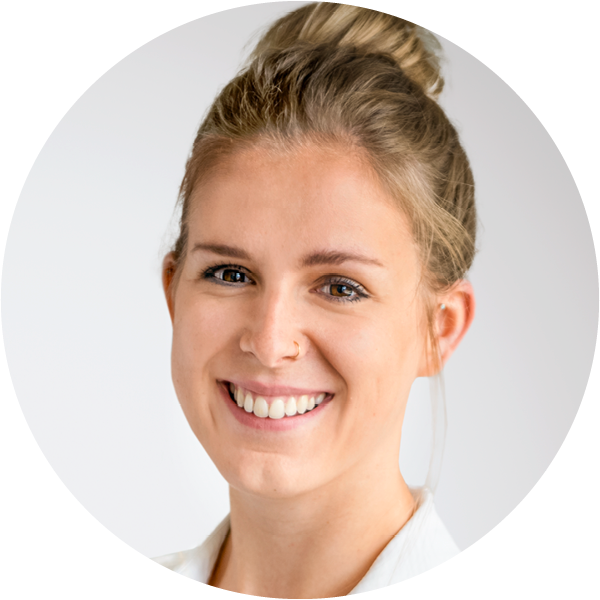The aim of the research program Precision Age run by the medical aging research team at the University of Zurich is to slow down the biological aging process through precision medicine.
As a society, we are getting older and older. The over-65s already make up a good 20 percent of the population of Switzerland today, and this proportion will continue to increase massively over the next 40 years. New approaches are urgently needed to improve the health of this growing number of older people. The Precision Age research program at the University of Zurich (UZH) aims to harness innovative methods to reduce the risks of age-related chronic diseases such as cardiovascular disease, cancer, diabetes, osteoporosis, frailty and dementia.

Aging is characterized by physiological, genetic and biochemical changes that are directly associated with the onset of chronic disease as well as functional and cognitive decline. By slowing biological aging, the severity of many chronic diseases can thus be reduced.
These sorts of research questions can be investigated thanks to the comprehensive biobank maintained by DO-HEALTH, the largest aging study in Europe (managed and coordinated at UZH). Molecular analyses are used to study the aging process, with the aim of creating personalized risk profiles to plan bespoke treatment methods which will slow down the biological aging process.
The economic costs of age-related diseases are considerable. The Precision Age research program has the potential to massively reduce healthcare costs in the longer term by offering a sustainable healthcare approach for an aging population. It also focuses on prevention as a specific treatment method.
With the existing infrastructure and excellent teams from different areas of medical research and technology at ETH, UZH and the UniversityHospital Zurich, the Precision Age project has the potential to play a pioneering international role in precision medicine for aging and personalized prevention.
«With your support, we are unlocking the mysteries of biological aging and can enable people to stay healthy and active longer via personalized prevention.»
Prof. Dr. Dr. med. Heike A. Bischoff-Ferrari, Head of Clinic, Department of Aging Medicine, UniversityHospital Zurich
